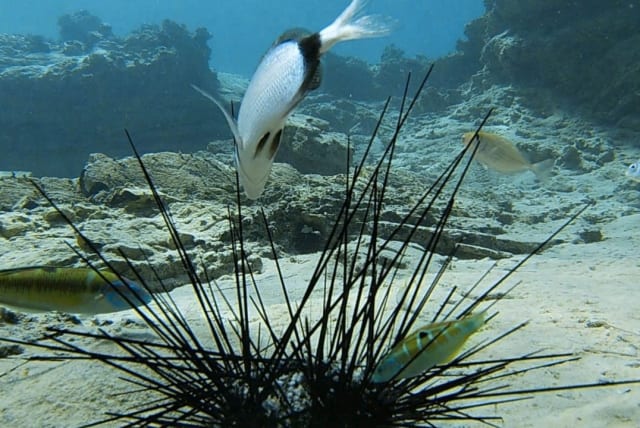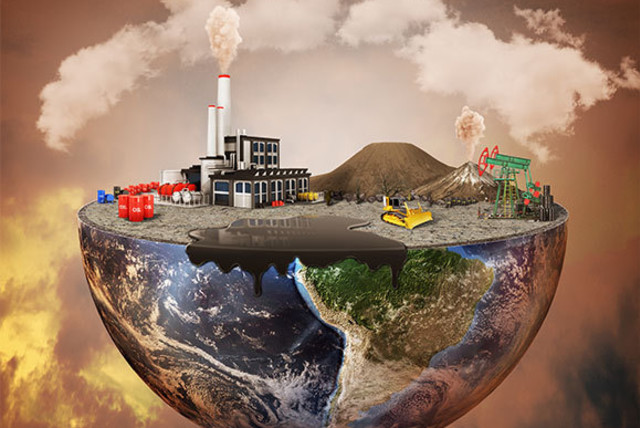Poland has done what it can to stop fish dying in Oder river

Tonnes of dead fish were found last summer in the river that runs along part of Germany's border with Poland, prompting Warsaw to embark on a crisis response that many scientists said came too late.
Poland has done all it can to mitigate the risk of repeat of a mass fish die-off in the Oder river, the country's climate minister said on Thursday, dismissing what she described as "crazy green" calls for more radical action.
Tonnes of dead fish were found last summer in the river that runs along part of Germany's border with Poland, prompting Warsaw to embark on a crisis response that many scientists said came too late.
Overgrowth of toxic golden algae linked to industrial pollution
A German research institute said overgrowth of toxic golden algae linked to industrial pollution was the most likely culprit behind the mass fish deaths.
In March, the Polish government launched 24-hour monitoring on the Oder, testing the water with automatic probes in nine locations. More testing stations will be added in the future, according to the Chief Inspectorate for Environmental Protection.
"I'm convinced we've done all that could have been done. Over the past few weeks this has been the main thing we've been dealing with," Climate Minister Anna Moskwa told Reuters on Thursday.
She said residential sewage carrying nitrogen and phosphorus was the main factor behind the most recent incident of dead fish detected this month in a canal that connects Oder with the Upper Silesia, the densely populated region in southwestern Poland that is home to several coal mines.
"We'd have to disconnect all sewage treatment plants, hospitals, individual homes, and industrial plants along the rivers overnight and certainly in some crazy green narratives such suggestions are being made," she said.
A Greenpeace study earlier this year said that water salinity in the Oder's tributaries where coal mines in the region disgorge water was higher than that in the Baltic Sea, feeding growth of toxic algae. Other environmental groups have also blamed the industrial sewage waters.
Poland, which relies on coal for 70% of its electricity has been pressing the European Union to allow it to keep its predominantly state-controlled mining sector running until 2049.
The Environment and Climate Change portal is produced in cooperation with the Goldman Sonnenfeldt School of Sustainability and Climate Change at Ben-Gurion University of the Negev. The Jerusalem Post maintains all editorial decisions related to the content.
Jerusalem Post Store
`; document.getElementById("linkPremium").innerHTML = cont; var divWithLink = document.getElementById("premium-link"); if (divWithLink !== null && divWithLink !== 'undefined') { divWithLink.style.border = "solid 1px #cb0f3e"; divWithLink.style.textAlign = "center"; divWithLink.style.marginBottom = "15px"; divWithLink.style.marginTop = "15px"; divWithLink.style.width = "100%"; divWithLink.style.backgroundColor = "#122952"; divWithLink.style.color = "#ffffff"; divWithLink.style.lineHeight = "1.5"; } } (function (v, i) { });

